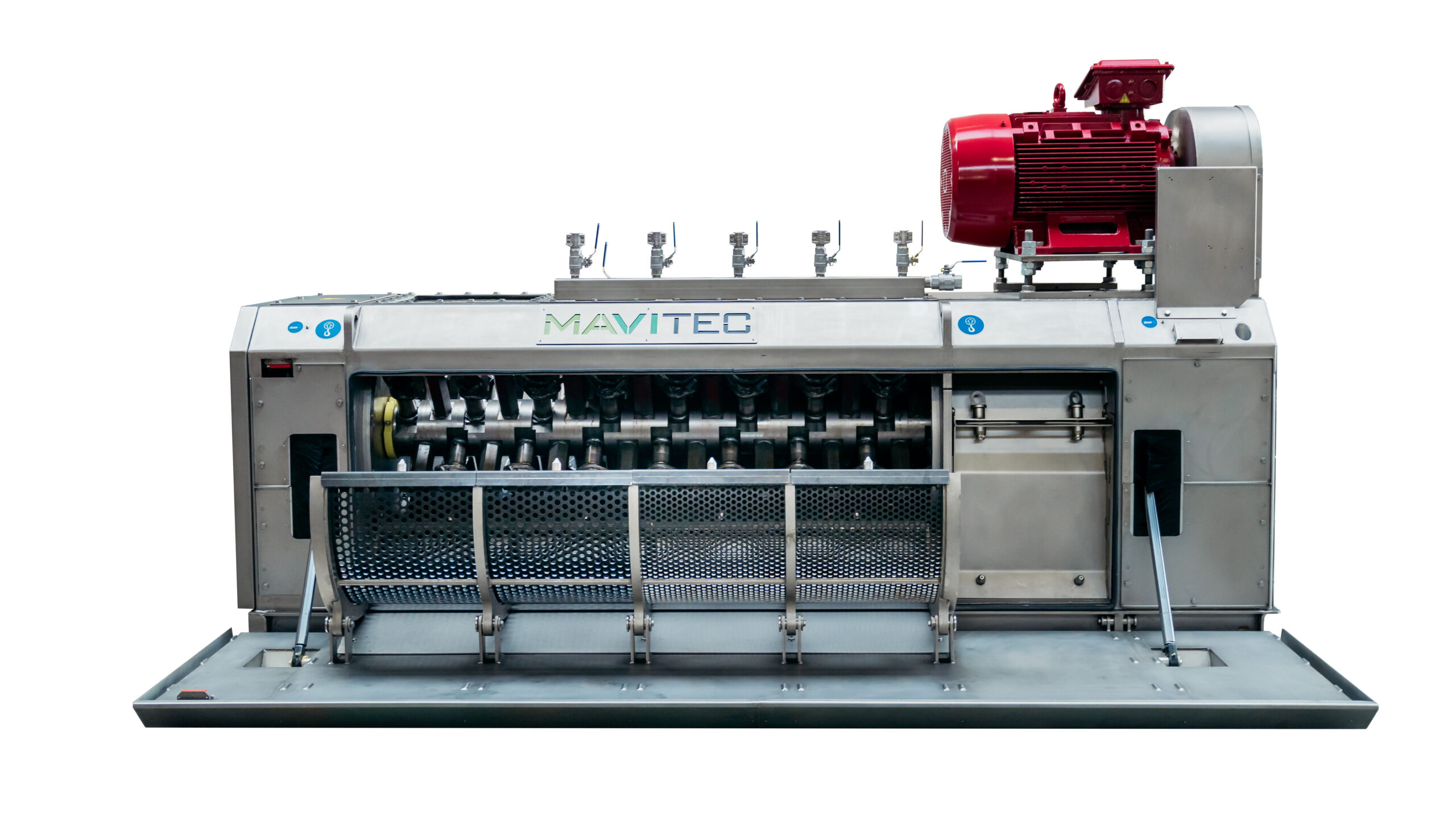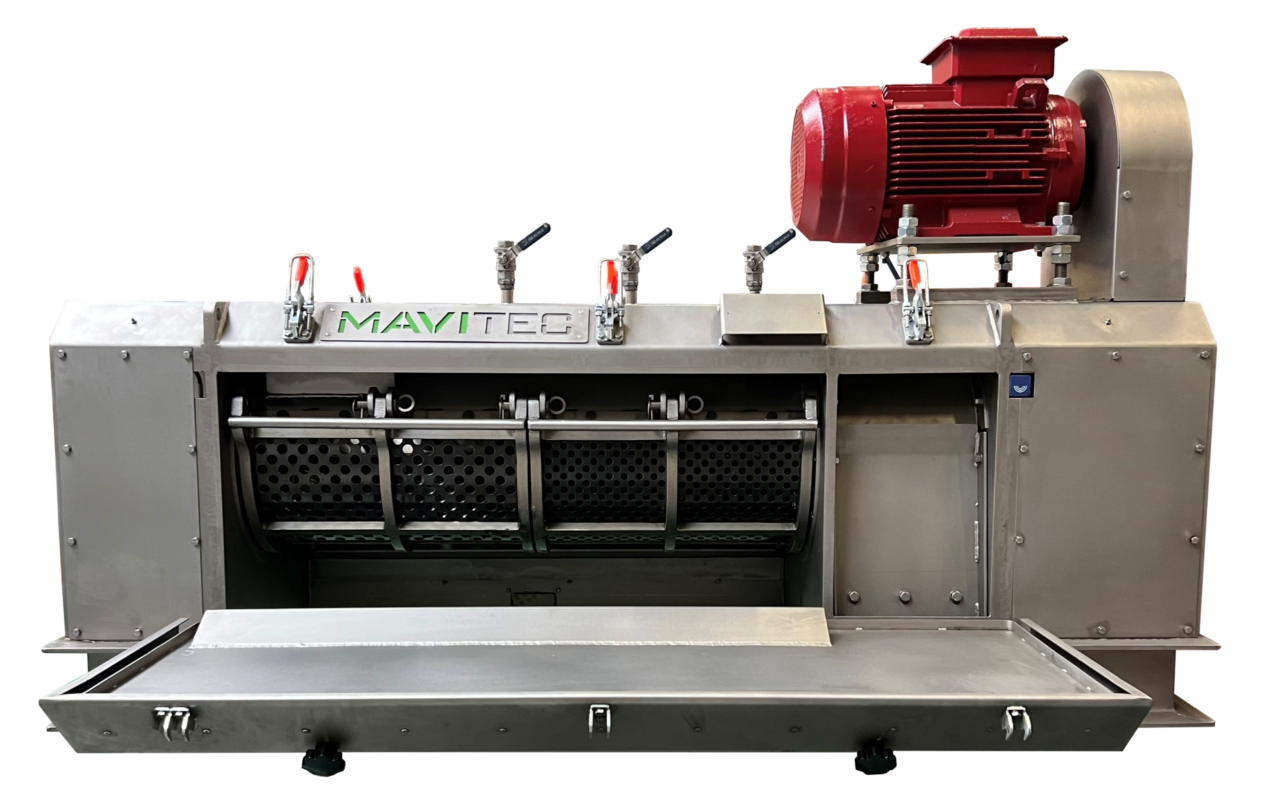Home 


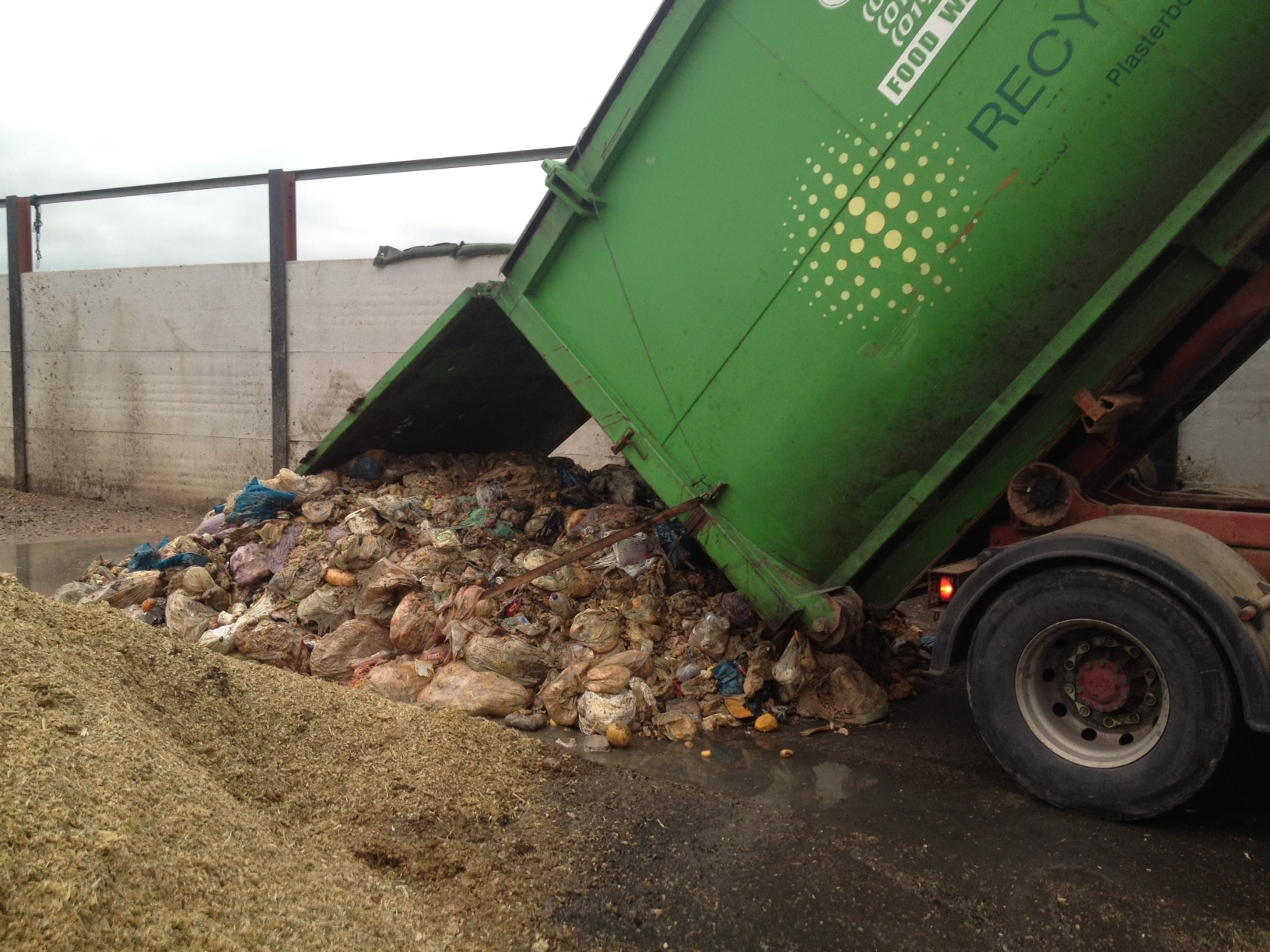
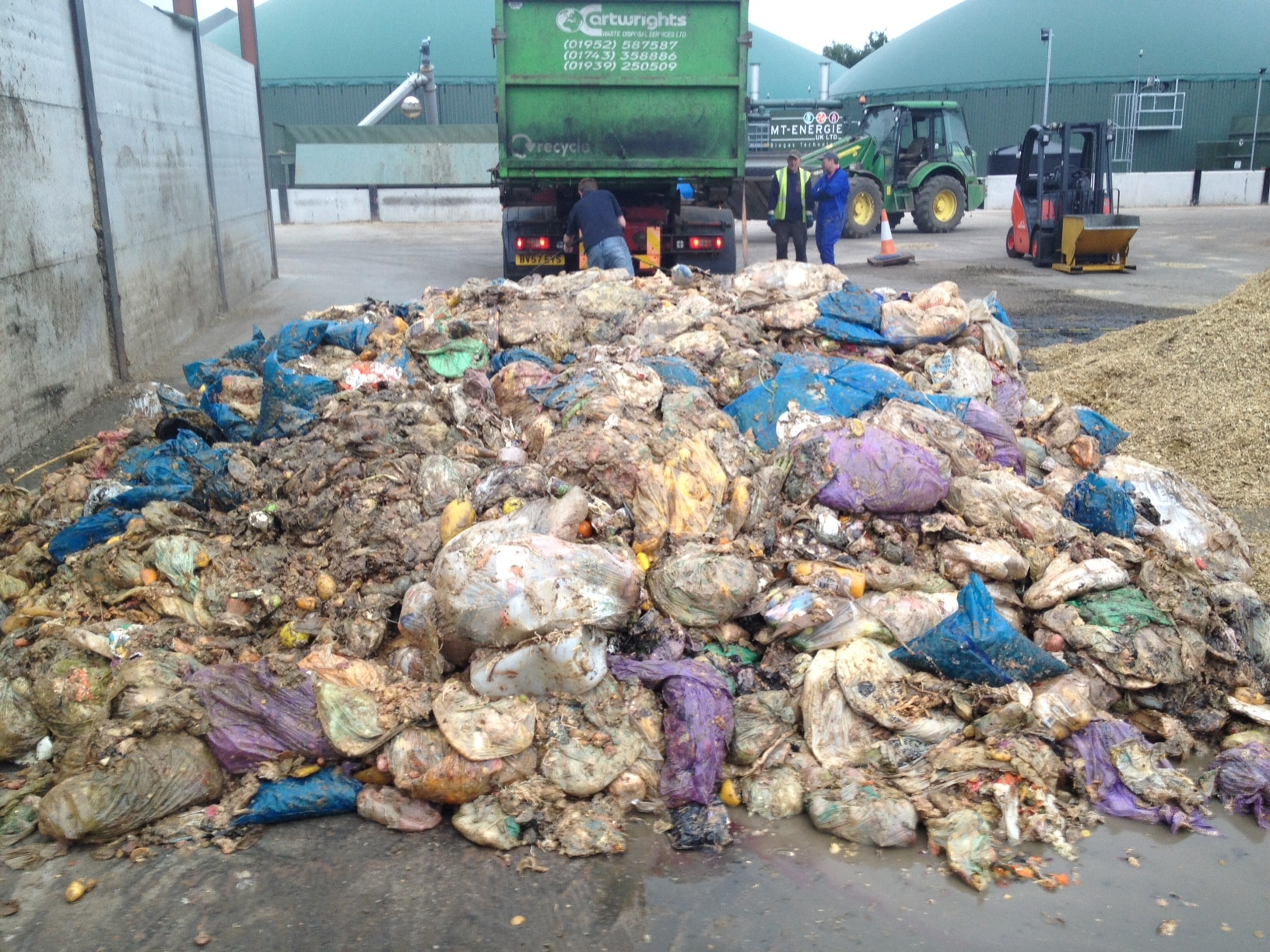
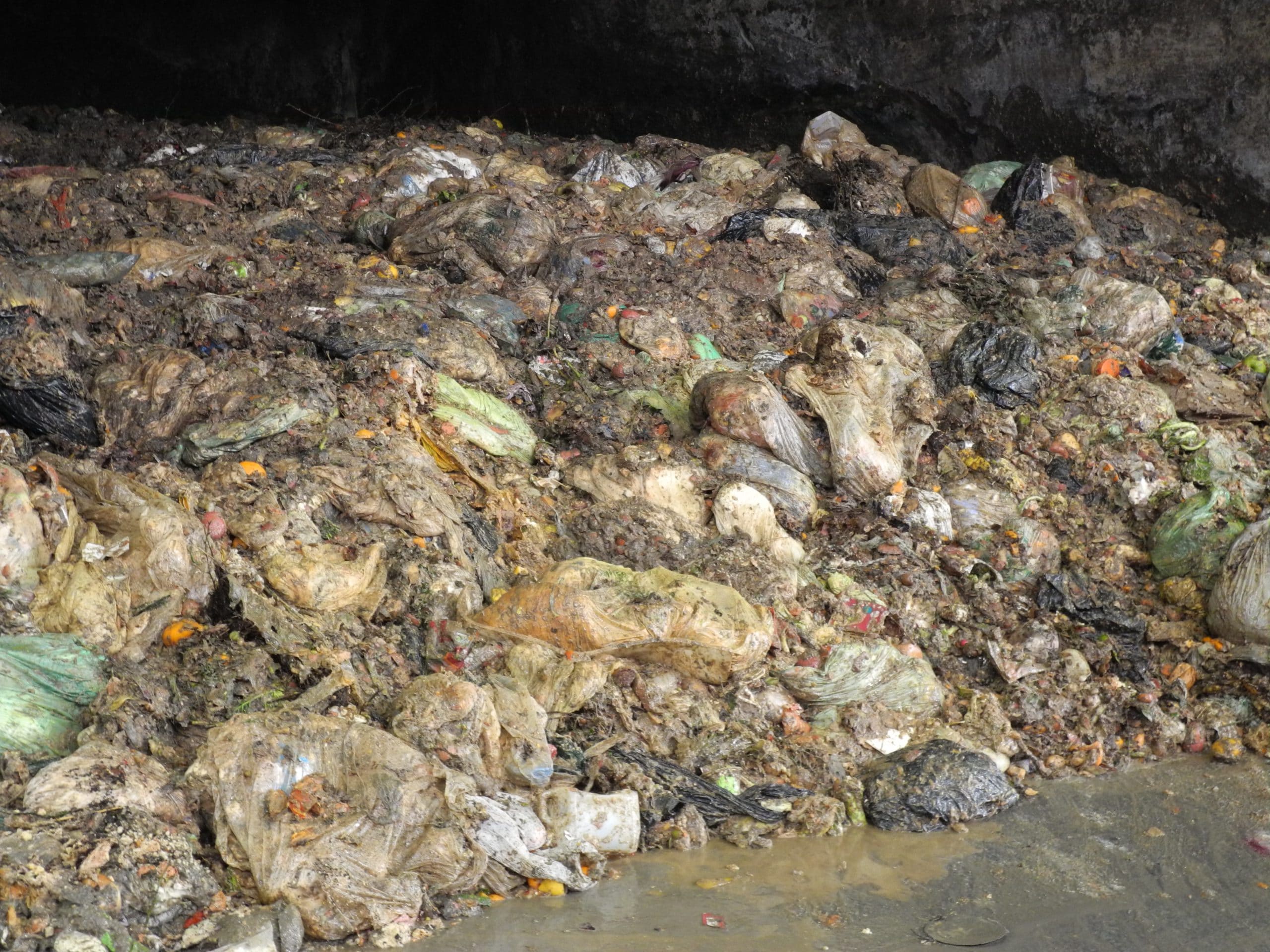
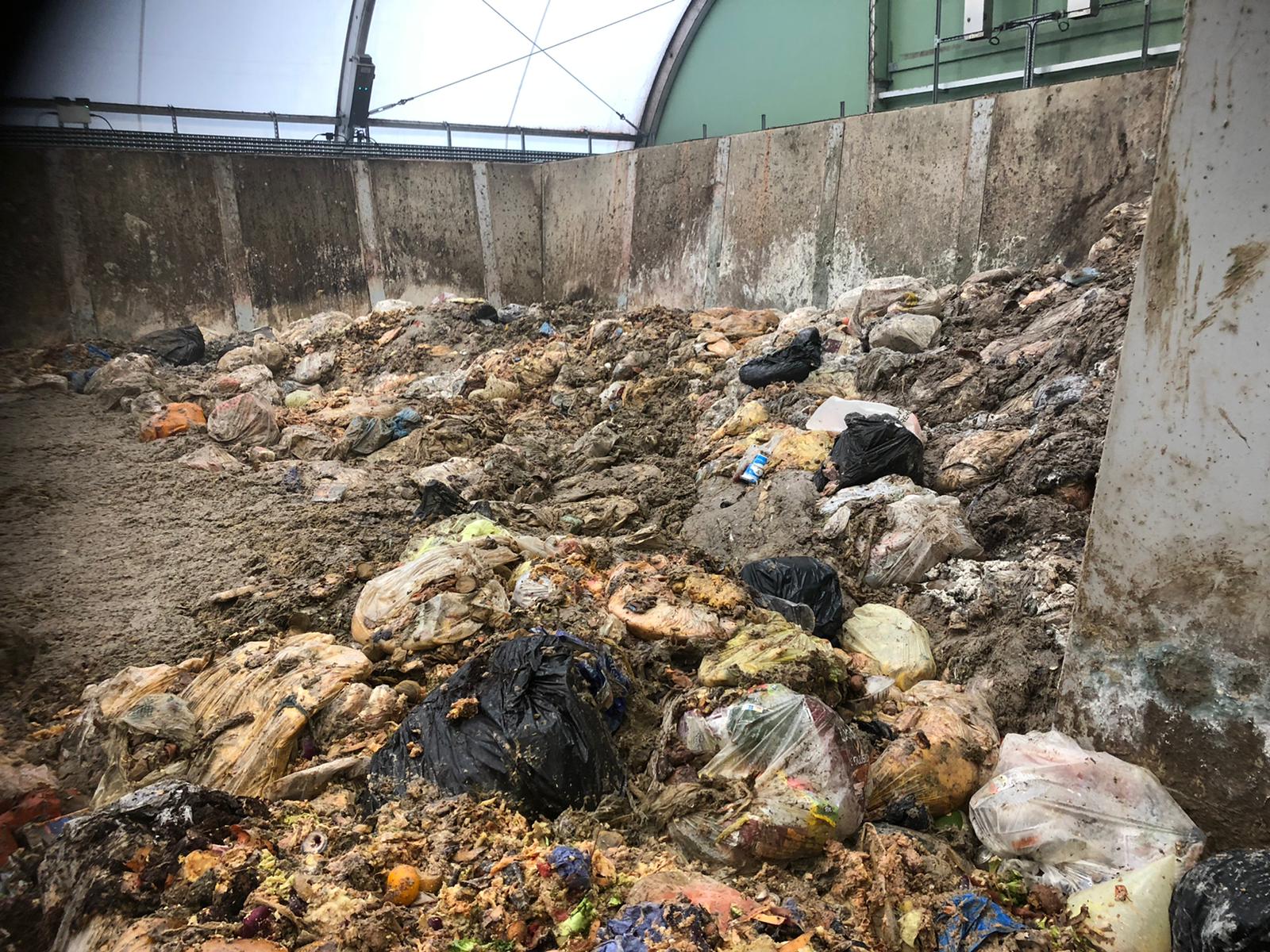
Kerbside waste or source segregated organic food waste – in some countries known as forsu – contains the organic segregated waste from households. This fraction may contain leftovers from dinner, cooking, outdated supermarket products and other consumer related products. It’s possible that it contains contaminants in the form of pieces of metal, stones, big branches and other unwanted material.
Mavitec Green Energy’s Paddle Depacker is the perfect solution to handle your kerbside waste. The Paddle Depacker is a robust and tough design with easy maintenance options. These are critical when processing kerbside waste. Instead of several machines as a line this machine can do it all in one, with clean soups and clean packaging fraction! Besides the kerbside waste other materials like restaurant/hotel waste & supermarket waste can be handled in this machine. More info can be found below.
